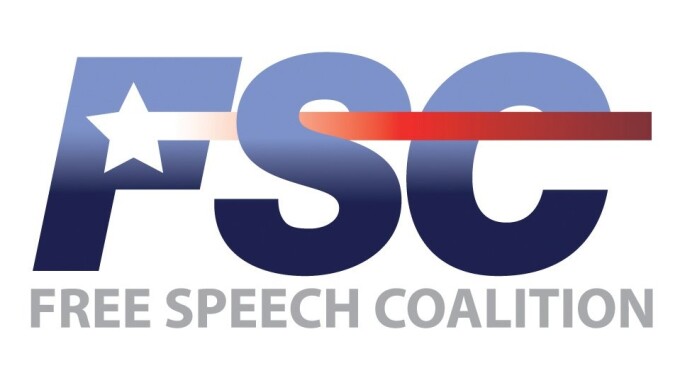LOS ANGELES — The Free Speech Coalition today said that it secured another major legal victory in the battle over the controversial recordkeeping regulations, 18 U.S.C. §§ 2257 and 2257A.
U.S. District Judge Michael Baylson on Monday delivered the big win for the adult industry in a final judgment and decree.
The FSC issued a statement today. It said the following:
In the final judgment rendered by federal Judge Michael Baylson on Aug. 3, large parts of the recordkeeping regulations were declared unconstitutional on First Amendment grounds; an earlier FSC victory against the regulations on Fourth Amendment grounds came from a 3rd U.S. Circuit Court of Appeals ruling.
For the time being, adult producers should remain compliant with 2257, as the government will likely appeal. However, if there is no appeal, or if the appeal is denied, this ruling will stand and:
- Primary producers will no longer need to keep records pursuant to 2257. (However, they should maintain the FSC Age Verification form to demonstrate that they have checked the ID of each model on their set.)
- Secondary producers will no longer be required to maintain any records pursuant to 2257.
- Webcam companies, tube sites, clips and other sites will no longer be required to keep model information or records unless they are a primary producer. (However, they should continue to verify that all content on their sites is produced legally, and by those over the age of majority.)
With this most recent judgment, however, the Department of Justice is now permanently enjoined from enforcing those portions of the statutes and regulations, including criminal penalties, that the court found to be unconstitutional.
“We have been fighting this battle since 2005, at more than $1 million in legal costs,” said Jeffrey Douglas, board dhair of Free Speech Coalition. “However great the cost, I can think of no greater argument for supporting a trade organization such as ours. This complex and morality-based regulation has been costing our industry untold millions, and exposed adult producers, performers, affiliates, press and others to broad and biased prosecution by the federal government.”
“This historic decision represents a tremendous victory for our coalition, and sets an important precedent for free speech in general,” said Eric Paul Leue, executive director of Free Speech Coalition. “Our board, and my predecessor, Diane Duke, first challenged these regulations nearly 14 years ago, arguing that they accomplish no tangible goals in the fight against child pornography, while unnecessarily putting legitimate producers in legal jeopardy. I thank our board, our legal teams, and those who came before for the foresight and courage to fight back.”
The Department of Justice argued that every adult producer, from large studios to small performer producers, was required not only to check IDs, but open those records — and in practice, often, their offices — for warrantless searches by law enforcement every weekday from 9 to 5. Under 2257, producers could be inspected, and then criminally prosecuted for even minor record-keeping violations, such as a mis-alphabetized paper, or missing address.
Additionally, both primary and secondary producers were required to keep extensive, cross-referenced records of any model that appears on their site, regardless of whether that site had any role in producing the original content. In practice, that meant that all tube sites, cam sites, cam performers operating as independent contractors, clip sites, affiliate sites, social media sites and blogs could be subject to criminal penalties if they did not collect, organize and make available to law enforcement, copies of IDs and model releases for each image on their site.
“These regulations were never about stopping child pornography,” Douglas said. “They were designed by the Reagan and Bush administrations to be used to punish and pressure adult producers when traditional prosecutions were blocked by the First Amendment. Our industry owes a debt of gratitude to J. Michael Murray and Lorraine Baumgardner, who have fought this battle on our behalf for over a decade.”
Free Speech Coalition is waiting to determine if the Justice Department will appeal this decision. In the meantime, producers are encouraged to continue to maintain records according to 2257.
“Like SESTA/FOSTA, these regulations did nothing to prevent illegal activity, but instead removed crucial First Amendment protections for adult workers and producers,” Leue said. “Our victory shows that when we stand united, and have the resources to fight, we can win.”
“This victory, and others like it, could not have been done without the continued financial support of our members. Legal battles with the federal government are long and expensive, and we ask you to consider joining or donating to FSC for the appeal to help finally bring this case to a victorious conclusion.”








